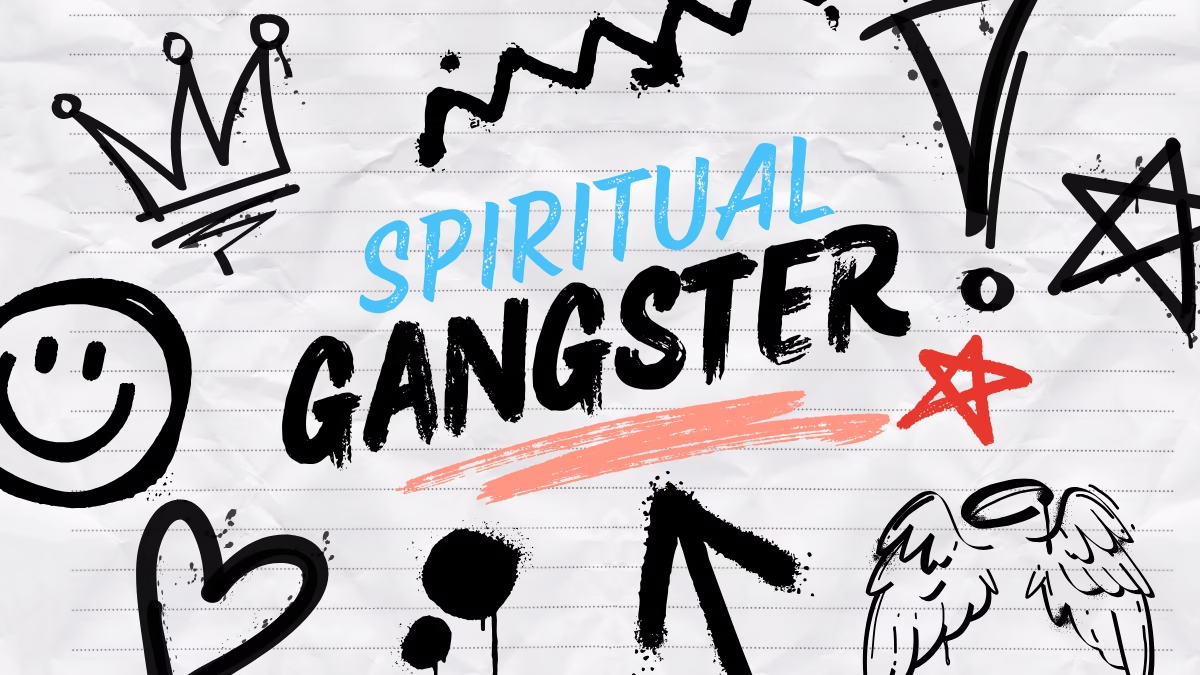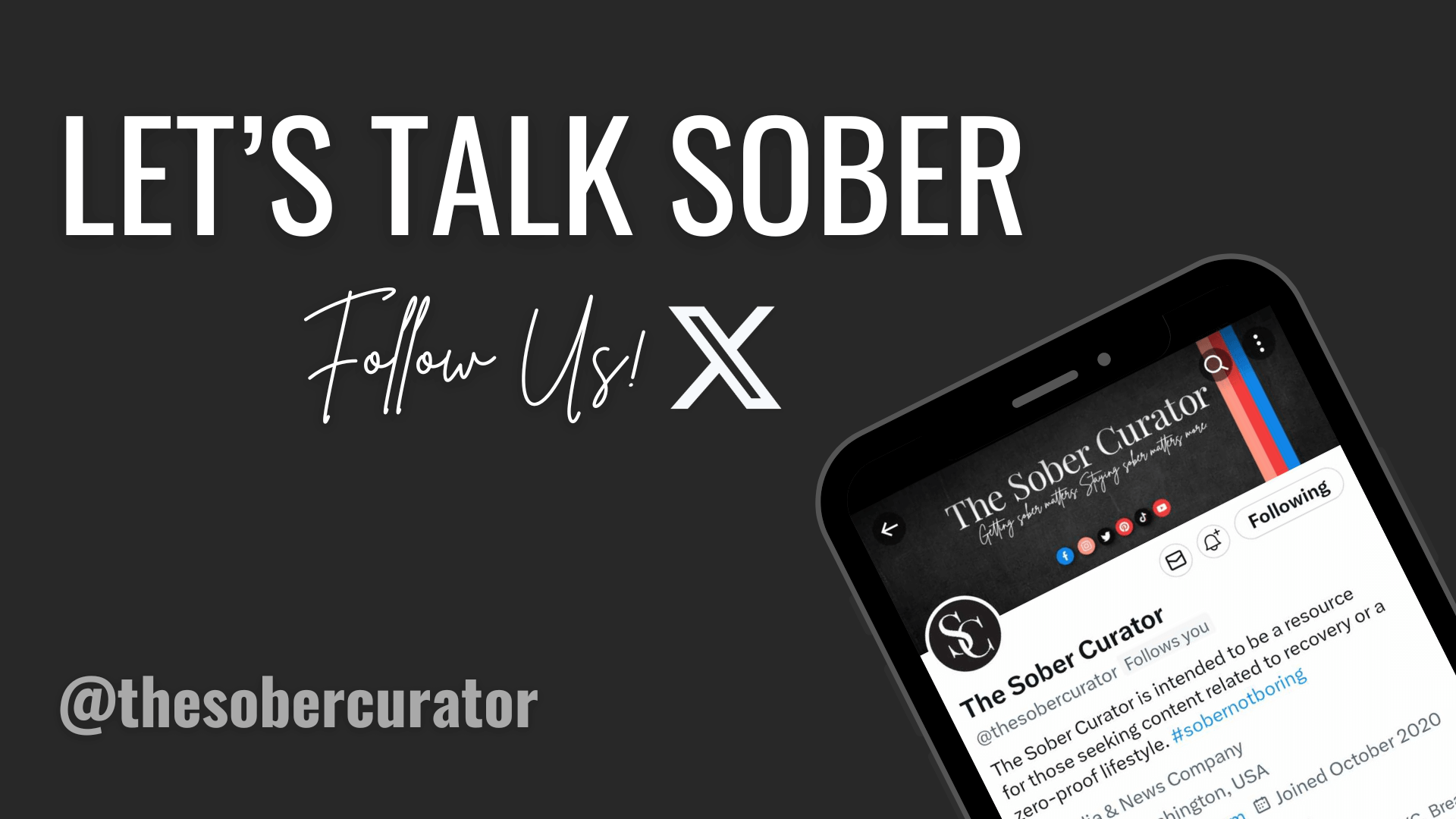
Welcome to Step 8! Hopefully, you got a good start on dropping the rock in Steps 6 and 7. This step continues the process of letting go of old baggage so we can move forward in sobriety with a clean slate. It is essential to address and resolve as much guilt and shame stemming from our past actions as possible.
The step reads: “Made a list of all persons we had harmed, and became willing to make amends to them all.” Step 8 can be broken into two separate pieces of work. The first is creating our list, and the second part is becoming willing to make amends to the people on the list. We will discuss the list further, but it is essential to focus initially on creating a brain dump of the people we believe we have harmed. Set aside the thoughts of what the second part may entail and make a list.
At first glance, this step seems intimidating or even overwhelming. As mentioned, we are addressing guilt and shame, which also come with an element of fear. Not being able to manage negative emotions positively has been a core problem for us with substance abuse issues.
We preferred to medicate and suppress the feelings rather than deal with them. Our inability to deal with intense feelings is what keeps us in the grips of our addiction. Now we are working hard to stay out of those grips. It is critical that we not shy away from this work. It is a huge part of setting the foundation for a lasting recovery.
Another critical element of this step is being honest at every turn. Honesty is a virtue that we must continually cultivate and develop. Most of us have a long history of being dishonest with ourselves and others. If we are to continue building resilience in sobriety, honesty is the foundation.
Why Step 8 Is Important
The 8th Step isn’t about punishing or shaming ourselves; it’s about acknowledging the past and paving the way for reconciliation. This step lays the groundwork for rebuilding relationships and regaining trust, an essential part of our growth in sobriety.
The entire concept behind Steps 1 through 9 is to eliminate as much baggage as possible. Navigating all the challenges of recovery will become easier if we are not carrying the weight of our past as we continue our journey to become more helpful to others.
Like other steps, Step 8 allows us to take an appropriate amount of time to prepare to do hard work. By taking the time to work on Step 8, we ensure that we have been thorough and honest, allowing us to work on Step 9 to the best of our ability. While making a list and becoming willing to make amends is not always easy, the hard work is in overcoming our fears and humbling ourselves to make the amends we owe to people.
Bill Wilson, co-founder of AA, emphasized the importance of this step as a process of humility, honesty and courage. In the book “Twelve Steps and Twelve Traditions,” he wrote: “We attempt to sweep away the debris which has accumulated from our effort to live on self-will and run the show ourselves.”
This quote underlines that many of our past mistakes stemmed from trying to control everything in our lives, often at the expense of others. Taking Step 8 removes the emotional wreckage caused by our actions, making room for a fresh start.

Making the List: Identifying Those We’ve Harmed
While initially making the list for Steps 4 and 8, I spent only a little time on the first pass, trying to decide if someone belonged on the list. Simply writing down everything that comes to mind is the best approach. No matter how big or small the harm might seem, every action that causes pain or hurt to others should be included. Do not limit the list to family and friends, as we may have harmed employers, coworkers, friends of friends, or any others with whom we have come into contact.
While not explicitly mentioned in the literature, I have found it helpful to scan my memory and identify actions taken or words spoken that I feel even the slightest guilt about. This is a good measure of my moral compass. This is by no means the only measure of putting something down on the list, but it helps me take another angle at triggering memories that might be relevant.
It also helps to reflect on the different ways we may have hurt others. As we examine each of the categories below, we can ask ourselves, “Is there anyone I may have caused this type of harm to?” These categories can include:
- Financial harm: Borrowing money without repaying, stealing or wasting family finances due to addiction.
- Emotional harm: Lying, manipulation, neglect or breaking promises.
- Physical harm: Aggressive behavior, violence or reckless actions.
- Social harm: Damaging reputations, gossiping or any other way we may have harmed people in the eyes of others.
Once we have completed the list, we need help in checking our honesty level. This can come from a sponsor or other trusted individual who will challenge our thinking, rather than considering any list as an example of good work. We can describe the situation and our actions, then ask for feedback.
Becoming Willing: The Key to Making Amends
The second part of the 8th step is about becoming willing to make amends. Developing this willingness can be one of the most challenging aspects of this step because it requires a shift in our mindset. We might feel defensive or even believe that some people don’t deserve our apology.
But as Bill Wilson said: “The readiness to take the full consequences of our past acts, and to take responsibility for the well-being of others at the same time, is the very spirit of Step 8.” Being in recovery means that we now have complete responsibility for our words and actions. Taking responsibility and holding ourselves accountable applies to the past, present and future.
It is a cliché, but we may need to “walk a mile in another’s shoes” to help us gain perspective on the pain we’ve caused and imagine how our actions have affected others. This practice can help us cultivate empathy and a genuine desire to make things right. This is not always easy, but making the effort can be helpful.
It is essential to remember that our perspective on any situation is just one of many. For example, consider two people examining the same dollar bill. One person looks at the front while the other looks at the back. If each is asked to describe what they see, they will provide a different description, yet it is the same dollar bill they are looking at!
It’s also important to acknowledge that becoming willing is a process; it doesn’t happen overnight. We may need to undergo multiple cycles of challenging our thinking and collaborating with others to help us overcome any fears that may be hindering our willingness to move forward. We must be patient with ourselves and trust that, with time, our willingness will grow.
Common Obstacles in Working Step 8
All of the steps offer us an opportunity to grow and become better people. Step 8 is no exception, but we know from other steps that growth is not always easy, and we encounter obstacles to development on our path. Here are a few obstacles that may arise in working the 8th step.
Fear of Rejection: In Step 8, we are only making a list and preparing ourselves to make amends. Fear may arise during the process of becoming willing, but creating a list can be done without fear, as it is a private exercise. It is essential to be thorough here, as we were in our 4th step due to fear. Fear has many acronyms, but my favorite is False Evidence Appearing Real.
Our ego may use F.E.A.R. to try to derail us from doing this work. Our ego is always trying to protect us from negative feelings and gets creative in manipulating our thinking to that end. For example, our ego may tell us that the incident is so far in the past that it doesn’t need to be addressed, or that the person wronged us first, so why does that need to be on the list? Or that someone will not accept our apologies, so why bother?
Resentment: We may still harbor resentment towards those we’ve harmed, believing they contributed to our problems. In such cases, it’s beneficial to practice forgiveness, remembering that holding onto anger only keeps us stuck in the past. It is also important to remember that we are responsible for cleaning up our side of the street, and our actions are independent of those of others.
Guilt and Shame: Confronting the harm we’ve caused can evoke intense feelings of guilt and shame. However, it’s important to remember that we’re working toward making things right, not punishing ourselves. As Bill Wilson wisely noted, “We need not wallow in excessive remorse. But, we ought to see clearly that we have been at fault.” By facing these challenges head-on, we grow stronger in our recovery and take another step toward freedom from our past.
Practical Tips for Working Through Step 8
Seek Guidance: Working with a sponsor or trusted mentor can be incredibly helpful during this step. They can offer support, guidance and a fresh perspective, helping us see things we might have missed. Another option is to bring the topic up in a 12-Step meeting to hear how others have approached and taken the step.
Be Patient: It’s natural to feel overwhelmed or anxious about making amends, but remember that this step is about willingness, not action. Give yourself time to work through your feelings and develop the readiness to make things right.
Stay Honest: Honesty is a cornerstone of the 8th step. Be truthful about the harm you’ve caused and respond with kindness and compassion. Without absolute honesty, we hinder the healing that can be achieved by working Steps 8 and 9, and we will no doubt have to work the steps again at some point.
Take It One Person at a Time: Making a list can feel like a massive task, but breaking it down into manageable chunks, one person at a time, makes it more manageable. Focus on each individual and the harm you’ve caused them, allowing yourself to fully process your feelings.
The 8th Step and Stoicism
The aims of following Stoic philosophy are directly aligned with what we are trying to accomplish in recovery. We continually strive to be better and more virtuous individuals. The Stoics offer us advice and examples on how to do this work that can enhance what we learn in the program.
I spoke about the feelings of fear that we may encounter while working on this step. Some of that fear may stem from facing judgment or the consequences of our past actions. Epictetus, the ancient Stoic philosopher, would remind us, “If you want to improve, be content to be thought foolish and stupid.”
Not only did the Stoics strive constantly to improve themselves, but they also acknowledged that admitting or exposing our faults might make us feel vulnerable or exposed. They prioritized the value of their improvement over any potential consequences. We need to follow their lead.
Also, as we approach the topic of willingness and may find ourselves wavering between the anxiety involved in the work and the courage to act, Epictetus will challenge us, asking, “How long are you going to wait before you demand the best for yourself?” Working the steps requires courage as it is not for the faint of heart.
At every step, we have obstacles to overcome and work to do. In this step, by being willing to make amends, we demonstrate courage and humility, setting ourselves on a path to becoming better individuals. We must overcome the obstacles; the sooner we overcome them and complete the work, the faster we will heal.
Lastly, Marcus Aurelius teaches us, “You have power over your mind – not outside events. Realize this, and you will find strength.” This is something we would do well to keep in the forefront of our minds at all times as we navigate life, but it is especially relevant to working Step 8. We can’t change the past or others’ responses to our efforts. What we have control over is our willingness to make things right. We need to focus our energy on our attitude and readiness to change.
Conclusion
As mentioned, Step 8 is a preparation step for the work we will do in Step 9. The better prepared we are to undertake this work, the more courage and confidence we will have to make amends. We also want to make sure that we are thorough.
Although we can revisit Steps 8 and 9 at any time, the goal here is to release ourselves from guilt and shame. The more we free ourselves from these feelings, the more energy we have to continue the recovery process. Each step forward brings us closer to becoming the person we want to be — a person who is honest, humble, and willing to make things right.
The work can be challenging, but showing ourselves that we are capable of taking responsibility for our lives and doing our best to repair the harm is priceless. Our willingness to change, make amends and become a better version of ourselves genuinely transforms the sobriety journey.

12-Step STOICISM SERIES by Tony Harte:
- Finding Power in Powerlessness: Step 1 and Stoicism
- Finding a Higher Power & Stoic Wisdom | Step Two
- Step 3: Surrender, Stoicism & Your Higher Power in Recovery
- Step 4: Moral Inventory & Stoic Wisdom for Recovery
- Step 5 Guide: Admitting Wrongs & Finding Freedom
- AA Step 6: A Guide to Willingness and Change
- AA Step 7 Explained: The Power of Humility in Recovery
- Step 8: A Path to Healing and Accountability
- How Step 9 in AA Helps You Release Guilt, Build Trust and Find Peace
- AA Step 10: Maintaining Sobriety and Personal Growth
- Step 11: Deepening Spiritual Growth in Recovery
- Step 12 and the Stoic Connection: Finding Purpose in Recovery

SPIRITUAL GANGSTER: at The Sober Curator is a haven for those embracing sobriety with a healthy dose of spiritual sass. This space invites you to dive into meditation, astrology, intentional living, philosophy, and personal reflection—all while keeping your feet (and your sobriety) firmly on the ground. Whether you’re exploring new spiritual practices or deepening an existing one, Spiritual Gangster offers inspiration, insight, and a community that blends mindful living with alcohol-free fun.
All the cool kids go to rehab…

Resources Are Available
If you or someone you know is experiencing difficulties surrounding alcoholism, addiction, or mental illness, please reach out and ask for help. People everywhere can and want to help; you just have to know where to look. And continue to look until you find what works for you. Click here for a list of regional and national resources.

Follow The Sober Curator on X, the artist formerly known as Twitter





